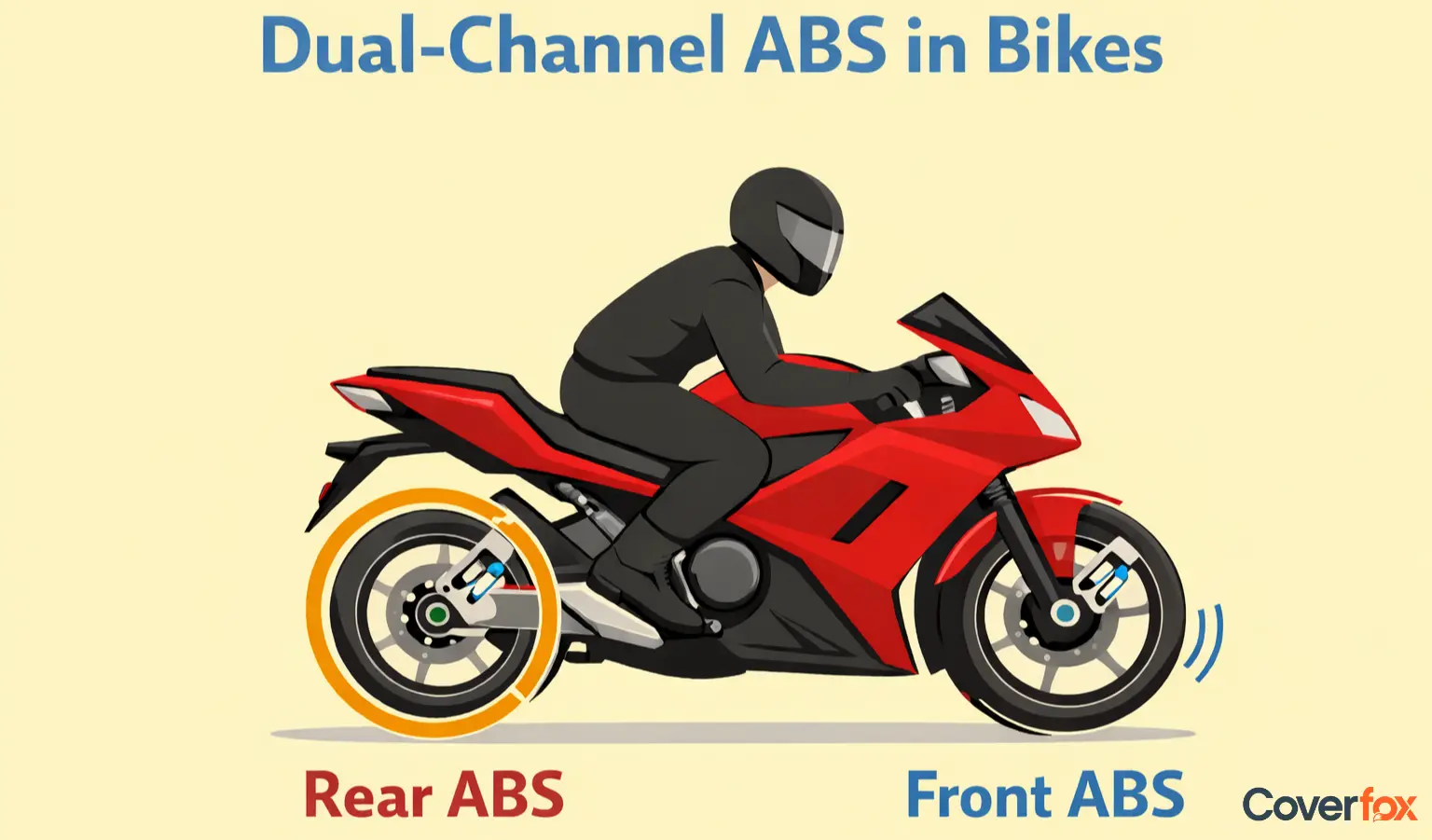A bike looks like a simple machine, but it is a complex one. Even if one of the smallest components is missing or malfunctioning, the whole bike can break down.
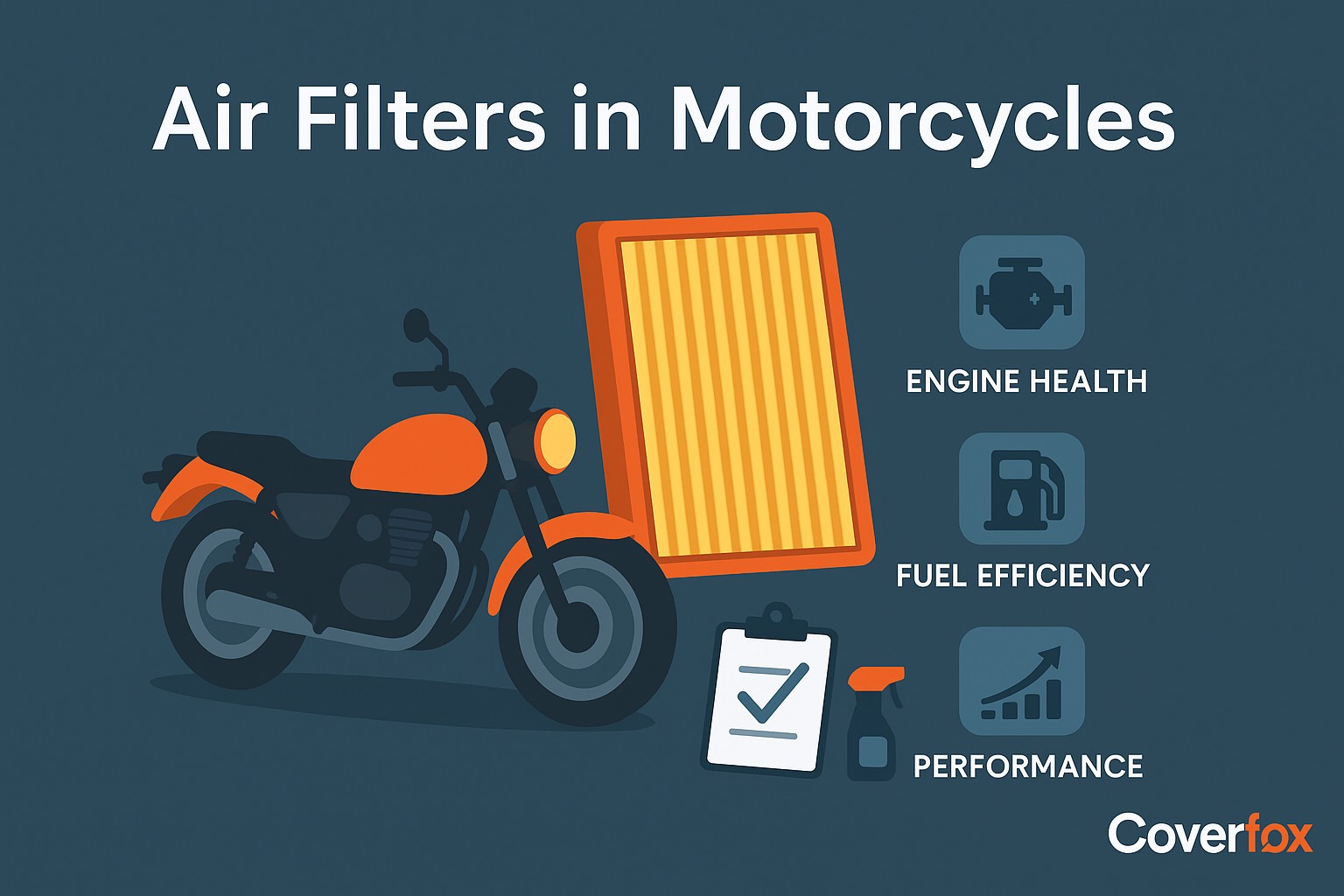
One such small, yet crucial component is an air filter in the bike. Its primary role is to clear out any debris like dirt, pollutants, dust or minute particles in the air entering the bike’s engine. In this article, we will learn about the importance of air filters in bikes, how they work and how they affect the working of the bike.
Types of Motorcycle Air Filters
There are multiple types of air filters available in the market, which can be added as after-purchase customisation or installed by the manufacturer (OEM). Here are the types of air filters in bikes:
Paper Air Filters
Foam Air Filters
Cotton Gauze Air Filters
Typically found in stock motorcycles, these filters are cost-effective and offer decent filtration. However, they are disposable and have limited airflow and lifespan.
Commonly used in off-road bikes, foam filters provide excellent dust-trapping ability. They are washable and reusable, making them ideal for rugged environments.
Favoured in performance bikes, cotton gauze filters offer superior airflow and filtration. They are reusable, long-lasting, and slightly more expensive.
OEM vs. Aftermarket Filters
OEM filters are manufacturer-approved and ensure a perfect fit and compliance with warranty standards. Aftermarket filters may enhance performance and longevity, but could affect warranty coverage if not approved by the manufacturer.
| Feature | Paper Filter | Foam Filter | Cotton Gauze Filter |
|---|---|---|---|
| Performance | Moderate airflow | Good for dusty terrains | High airflow, best for performance |
| Warranty Impact | Fully covered (OEM) | May affect warranty | Often affects the warranty if bought as an aftermarket filter |
| Long-Term Value | Low (disposable) | Medium (washable) | High (reusable & durable) |
What Does a Motorcycle Air Filter Do?
An air filter filters out debris from the air entering the motorcycle. This debris can include pollutants, dirt, dust, small particles, etc. and can damage the engine of the motorcycle. Here’s how a motorcycle air filter works:
Air Intake
Air Reaches the Filter
Filtration Process
Clean Air to Combustion Chamber
Engine Performance Boost
Continuous Cycle
As the engine runs, it takes in air from the atmosphere through the air intake system.
This air passes through the airbox, where the air filter is located. The filter is the first barrier against dust, debris, and contaminants.
The air filter traps harmful particles—dust, sand, and other pollutants—while allowing clean air to pass through.
The filtered air is then routed to the combustion chamber, where it mixes with fuel for ignition.
Clean air ensures proper combustion, which improves fuel efficiency, throttle response, and engine longevity.
This process happens continuously while the engine is running. A clogged or dirty filter disrupts this flow, reducing performance and increasing fuel consumption.
Why Air Filters Are Critical for the Engine Health of a Motorcycle
As an air filter blocks unwanted debris from entering the engine of the motorcycle, it plays a crucial role in the well-being of the engine of the bike. It protects the engine from any damage that can be caused by the debris, prolongs the engine's life, increases fuel efficiency by proper combustion, and helps avoid wear and tear of the engine. However, a clogged air filter can do more harm than good. It would restrict clean air, which is crucial for ignition to enter the engine, causing engine failure or worse, complete breakdown. Therefore, it is important to clean out your air filters and replace them if necessary.
How Air Filters Help in Improved Combustion and Fuel Efficiency
Although a small part of the bike, it does help improve fuel efficiency and combustion. It only allows clean air to enter the engine. Here's how an air filter improves combustion and fuel efficiency in a bike:
Clean Air Enables Better Combustion
Role in Maintaining the Air-Fuel Ratio
Impact on Fuel Economy and Emissions
Clean air free of dust and contaminants allows fuel to burn more completely during combustion, resulting in stronger power delivery and reduced engine strain.
The air filter helps maintain the ideal air-to-fuel ratio by ensuring a consistent flow of clean air. A clogged filter can disrupt this balance, leading to a strong or lean mixture that harms performance.
A well-functioning air filter improves mileage by optimising combustion efficiency. It also lowers harmful emissions by ensuring the engine burns fuel more cleanly and completely.
How Air Filters Boost Bike Performance
An air filter in a bike not only blocks dust, but also directly influences your bike’s performance. A clean and good quality air filter ensures there is optimum airflow to the engine, while enhancing the bike’s response, acceleration and power delivery. Here’s how:
Better Throttle Response
Smoother Acceleration
Improved Power Output
Clean air filters allow unobstructed airflow, enabling the engine to react more quickly to throttle inputs, giving riders a sharper and more immediate response.
Consistent airflow allows smoother fuel combustion, leading to a more seamless and linear acceleration without jerks or engine hesitation.
When the engine breathes freely, it can perform at its peak. A clean air filter helps maximise power output by allowing the engine to use the right amount of air for every stroke.
How Air Filters Extend the Engine Life
Air filter increases engine performance, fuel efficiency, and all of this helps prolong engine lifespan. Here’s how:
Filtered Air Reduces Component Wear
Correlation Between Clean Airflow and Longevity
Real-World Analogy
Air filters trap dust, dirt, and debris that can otherwise enter the engine and cause damage, leading to premature wear of cylinders, pistons, and valves.
An engine that consistently receives clean air runs cooler and smoother, reducing the risk of overheating and internal corrosion, thus prolonging its lifespan.
Think of an air filter like a face mask for your engine—just as a mask protects your lungs from polluted air, a filter shields your engine from harmful particles, keeping it healthy for a longer period.
How Air Filters Help in Smoother Engine Operation
No debris = smoother engine = optimum performance. It helps smooth out the engine process and has efficient fuel combustion. Here’s how:
Stable Idling and Engine Consistency
Reduction in Misfires, Stalling, or Rough Starts
Overall User Experience Improvement
Clean air filters help maintain the correct air-fuel mix, resulting in steady idling and consistent engine output.
Dirty filters can choke airflow, causing irregular combustion. A clean filter eliminates such hiccups and ensures smooth starts and acceleration.
With fewer jerks and interruptions, the ride becomes more enjoyable, responsive, and reliable in both city and highway conditions.
Importance of Regular Maintenance of the Air Filter in a Bike
As the air filter is a small component and many times overlooked, riders also forget that it also requires regular checkups and maintenance. Here’s a quick guide:
How Often to Inspect and Replace
Signs of a Clogged or Dirty Air Filter
Tips for Bikers in Dusty or Polluted Areas
Inspect the air filter every 3,000 to 5,000 kilometres. Replace it every 10,000 to 15,000 kilometres or earlier based on usage conditions.
Difficulty starting, reduced throttle response, black smoke from the exhaust, or a noticeable drop in mileage are common warning signs.
If you ride in areas with heavy dust, construction, or traffic pollution, cleaning or replacing your air filter more frequently—every 2,000 to 3,000 km may be ideal. Carry a spare filter on long rides for emergencies.
Key Takeaways
Just as bike insurance ensures the financial security of your bike, an air filter ensures your bike’s engine remains healthy and in optimum condition, protecting it from foreign debris. Make sure you do not overlook this crucial component, and maintain it from time to time. A clogged filter can do significant damage to your bike, which will not be covered under bike insurance unless you have engine protection cover (and even after that, negligence can lead to claim denials). Get the manufacturer-recommended air filter for your bike, and as for bike insurance – you can rely on Coverfox for that.
Related Articles:
Frequently Asked Questions
What does an air filter do in a motorcycle?
An air filter blocks out unwanted debris from entering the motorcycle engine.
How often should I change my bike’s air filter?
If you have obvious signs like jitter when starting the engine, black smoke coming out, or your bike has been running for a while (more than 5,000 km), it is time to change the bike’s air filter.
What happens if you ride with a dirty air filter?
A clogged or dirty air filter can lead to engine jitters, and in worse cases, a complete breakdown.
Can a bad air filter cause engine problems in bikes?
Yes, it can cause engine damage, wear and tear and in worse cases, complete breakdown.
How do I know if my motorcycle air filter needs replacing?
If you see black smoke, have trouble starting the engine, or have jitters when starting the engine, it is probably the air filter seeking maintenance.
Does a clean air filter improve bike performance?
Yes, a clean filter can lead to better fuel efficiency, better combustion of fuel and fewer emissions.
Are reusable air filters good for motorcycles?
Yes, nowadays most air filters are reusable and require a quick cleaning only.
Can neglecting the air filter affect my bike insurance claim?
Yes, a bad air filter can cause engine damage – which will not be covered under insurance claims.
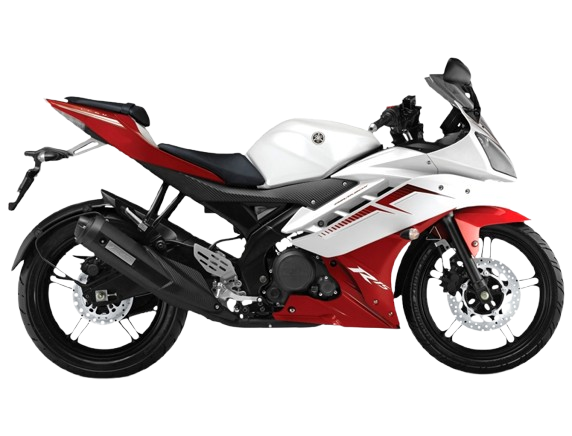

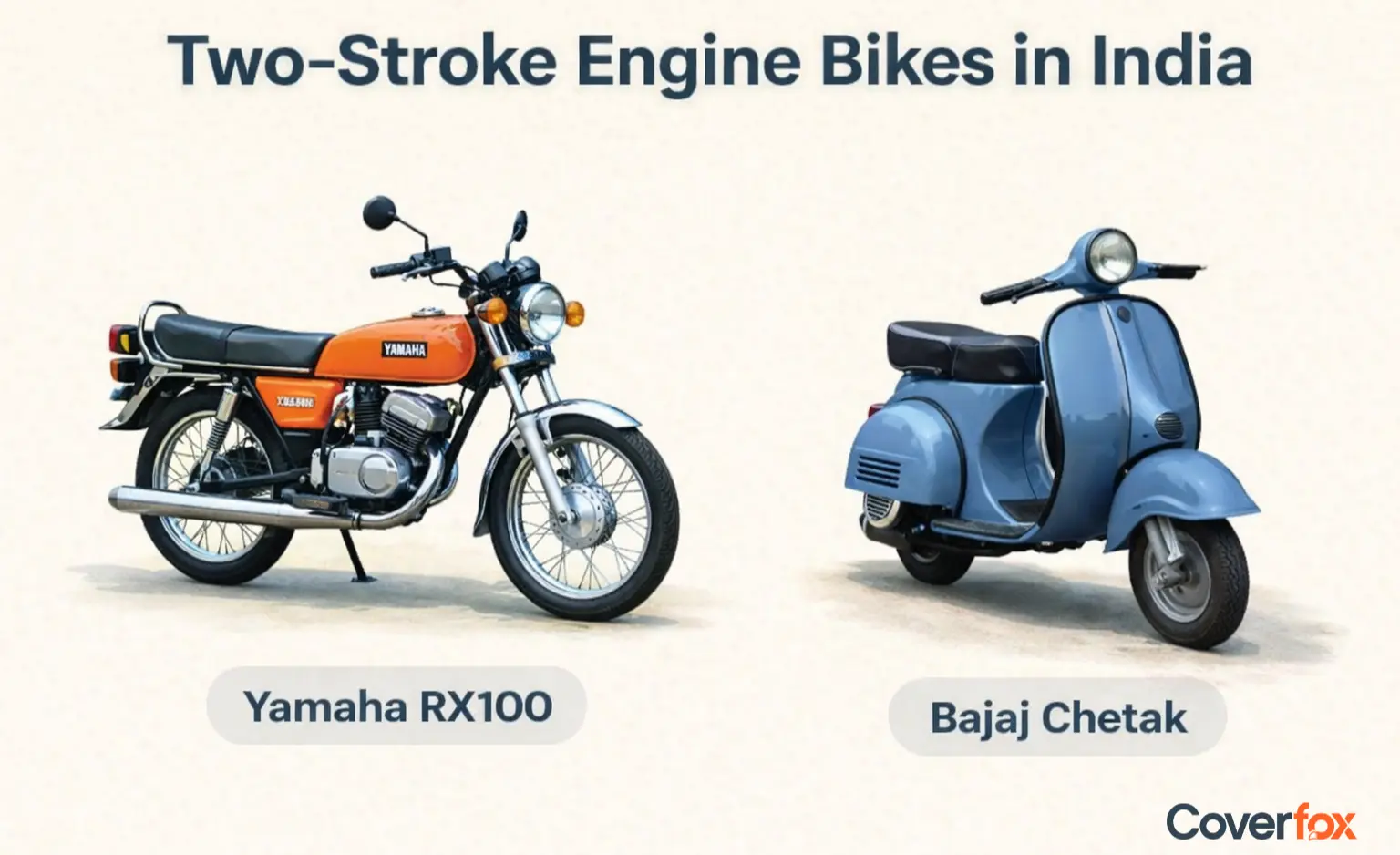
.webp)
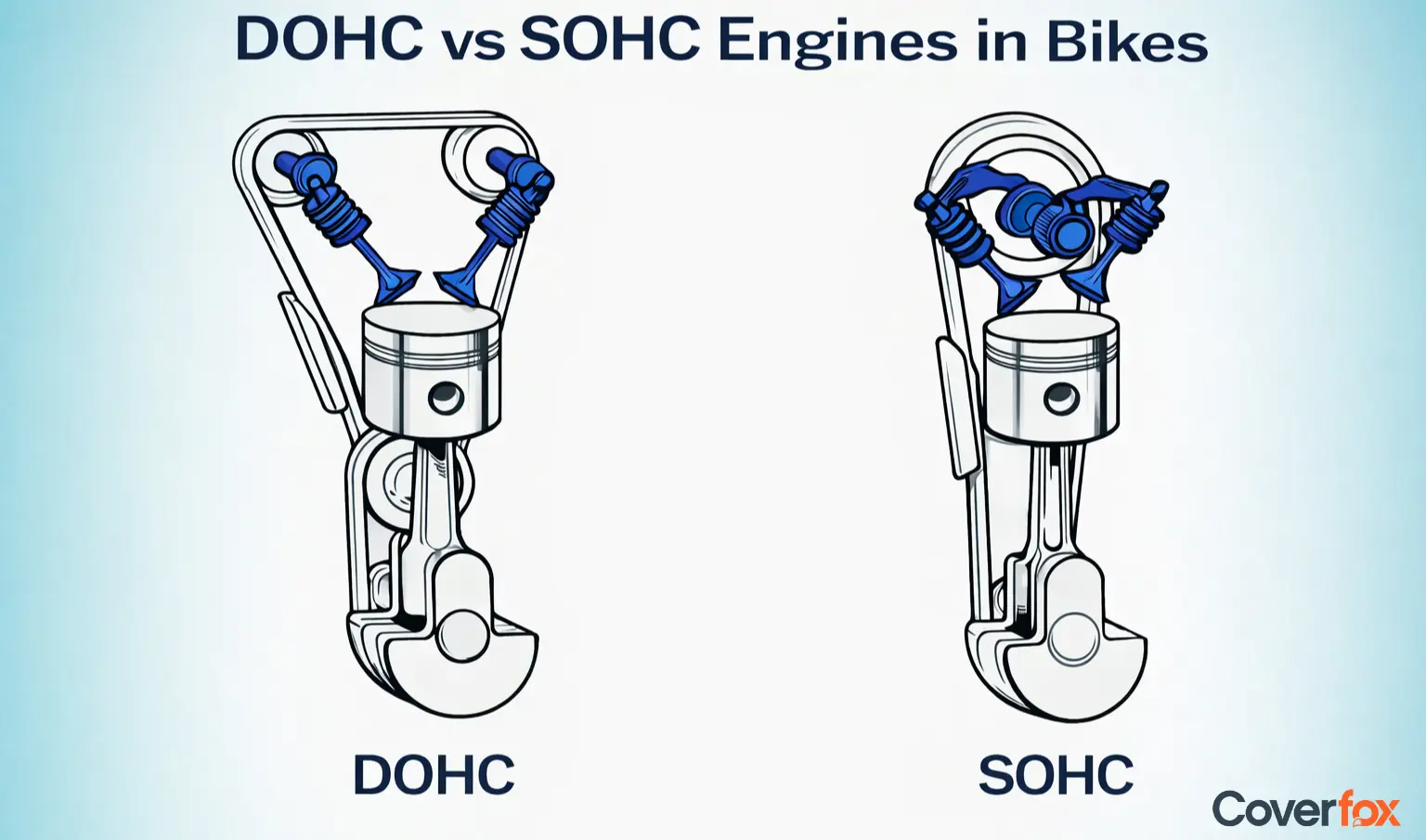
.webp)
